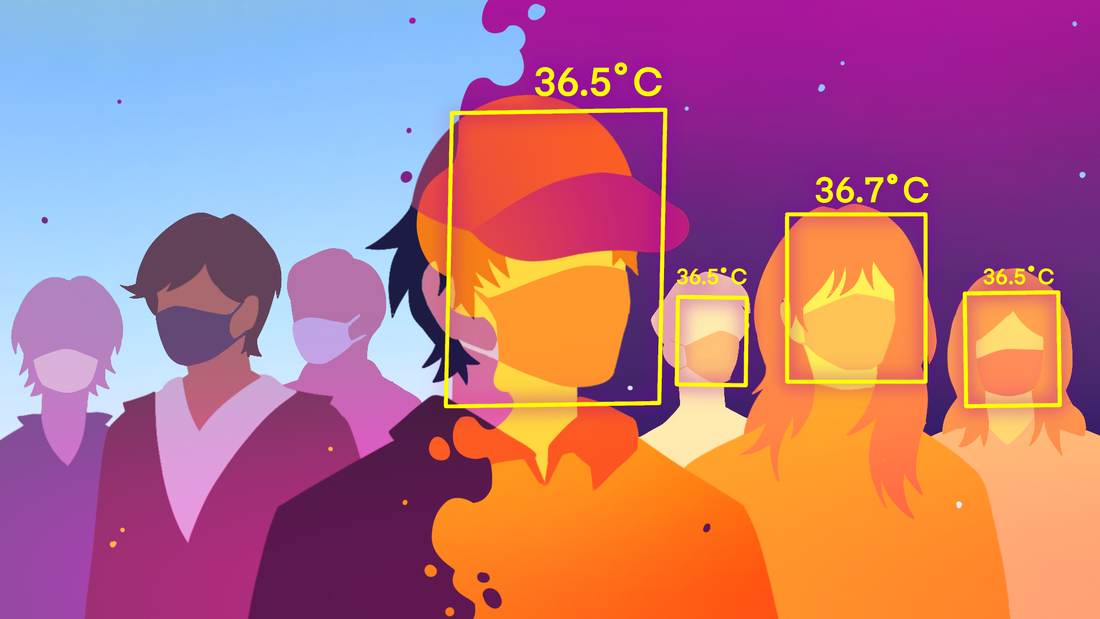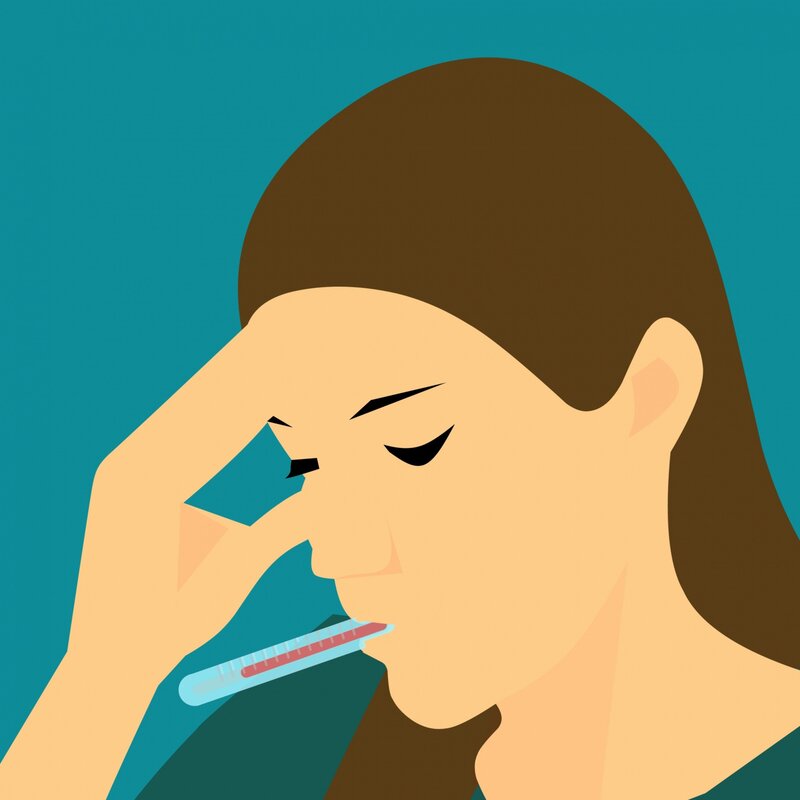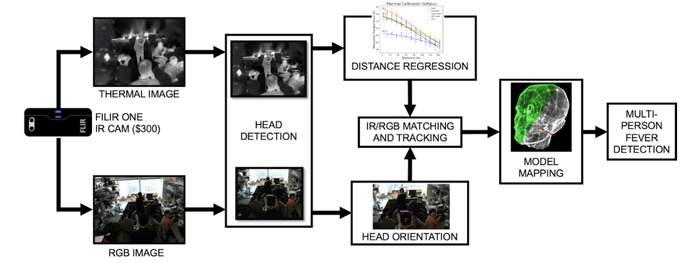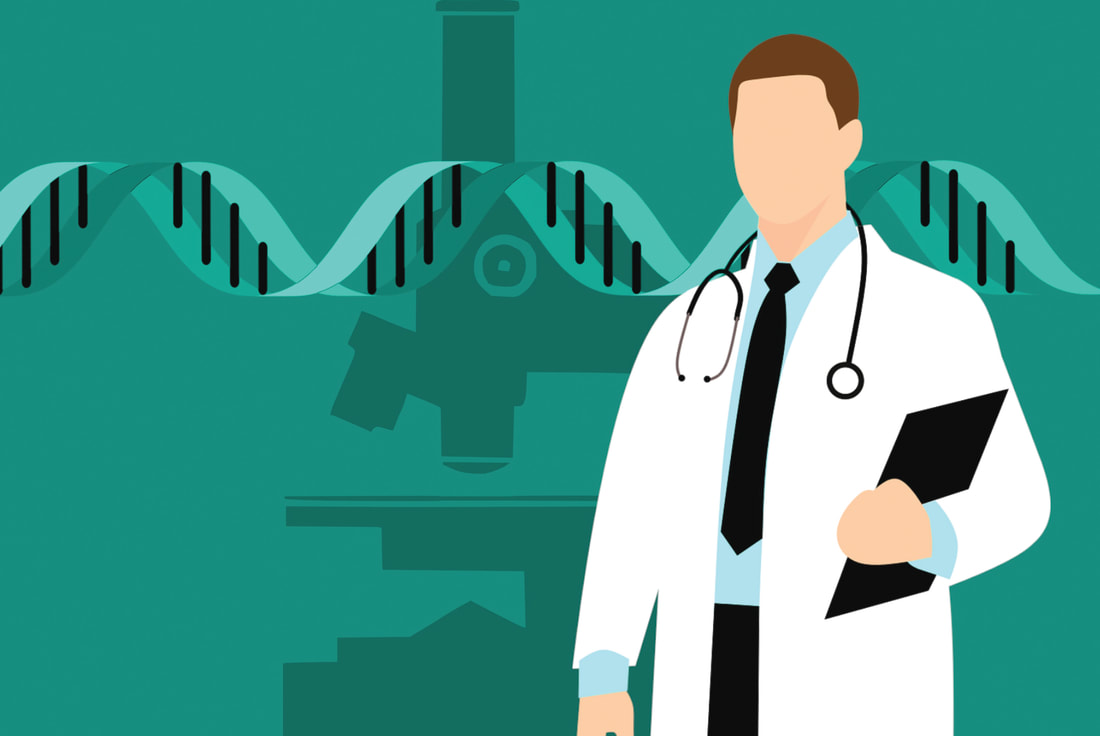|
By: Christina Lee (CC ‘21)
The following is a heavily condensed version of the full interview. If you're interested, read more here. What types of projects has your lab done in the past? My research has been focused on using embedded platforms, such as the smartphone, combined with data analytics methods, such as machine learning, to solve real-life problems. I think that’s something that has carried over with me when I joined Columbia five years ago. My lab is trying to work on research that tackles real-life problems. For example, in the pedestrian safety project, we developed technology that could enable pedestrians to better sense the world around them. They can be alerted in advance when a vehicle is on a collision trajectory. A lot of our other projects also have similar real-world motivations.
When the COVID-19 situation started, the hospital that my wife works in was facing a lot of shortages in PPE and personnel. During the check-in process, they needed to take the temperatures of patients. Since they had a lot of patients coming in, the check-in process was very slow, so they needed a better solution to screen patients. This project would potentially address this need.
How has your progress been, and have you encountered any setbacks? So there are some technical challenges we are addressing right now: 1. Accuracy of an affordable thermal imager: We are trying to find a way to improve the accuracy of thermal images taken using a low-cost thermal imager. We developed a data-processing pipeline where we can first create a 3D model of every single person in the frame. Once we have a 3D model of every person, including his or her head, we can then map the images that we’ve taken so that instead of relying on a single image, we can add more images to the 3D model of the human head with the correct orientations. Since a person is not always looking at the thermal imager, the traditional approach is not going to get a very consistent and accurate shot of the face. With our approach, regardless of which side of the face is facing the camera, we can conform it to the 3D model of the head so we can continuously improve screening accuracy with the data that is incoming in. 2. Calibrating the thermal imager: Different distances, humidities, and temperatures can all affect how pixel values translate to actual skin temperatures. This is something that requires time and many experiments to obtain calibration data, so that’s what we’re working on now. We have a working prototype, but we’re still trying to improve it. What do you think the public should know about the timeline of your research? What is your perspective on the future of your research and its impact on COVID-19?
I really hope that this will have a long-lasting impact on the healthcare industry and many other places that can use a system that provides continuous detection of fever within a population. So maybe in the future, schools, cruise ships, buses, or subways can use this, and I really feel like this could be a game-changer.
0 Comments
Your comment will be posted after it is approved.
Leave a Reply. |





